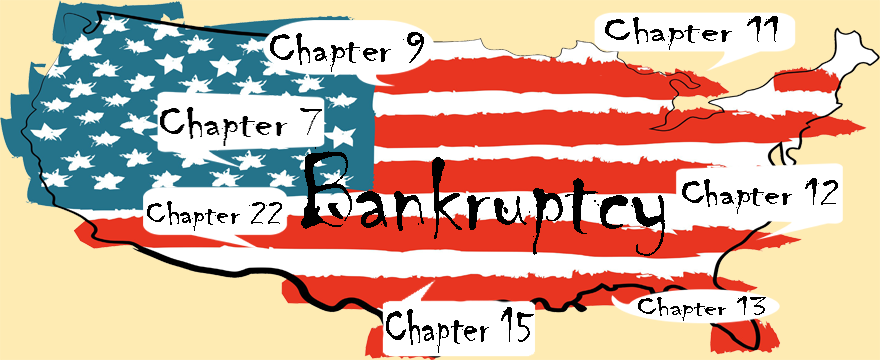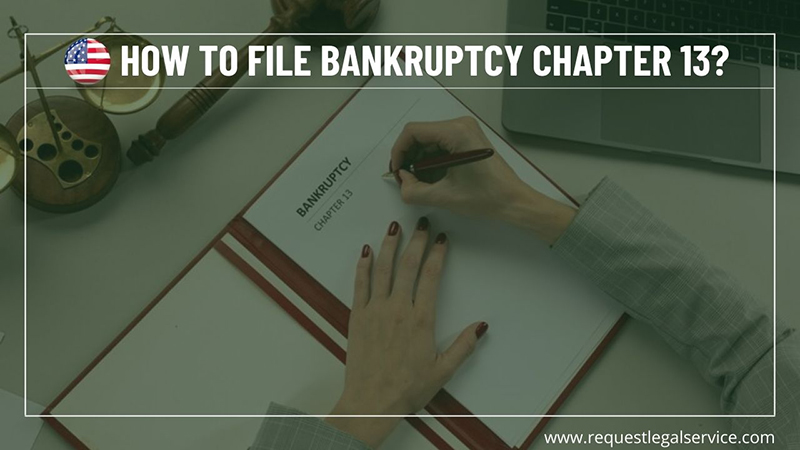
Bankruptcy in the United States is a matter involved under federal jurisdiction by the United States Constitution.
The bankruptcy cases are filed in the United States Bankruptcy Court.
However, concerning the claims and exemptions, the jurisdiction depends on State law.
There are six types of bankruptcy. These include:
- Chapter 7,
- Chapter 9,
- Chapter 11,
- Chapter 12,
- Chapter 13,
- and Chapter 15.
Other than these, there are bankruptcy filings, which occur when the former fails. It is very much about Chapter 22 filing.
Chapter 22 filing of bankruptcy is considered when the debtors filing for Chapter 11 protection pursues the process a second time.
The Chapter 11 bankruptcy filing teaches that the Debtor owns the assets.
The Debtor is called Debtor in possession(DIP) by legal terminology.
This particular DIP executes the business. But, again, the creditors and the Debtor formulate a plan for meeting the requirements.
There are two chances, probably with this particular aspect.
1. The first one is that the creditor confirms the plan, and
2. The second one is that most creditors vote against the same.
While in the former case, the Debtor will continue to operate, it is in the latter that there is a need for filing the protection for a second time.
In an informal language, this process of filing for a second time is known as Chapter 22 filing, and the debtors are known as Chapter 22 filers.



